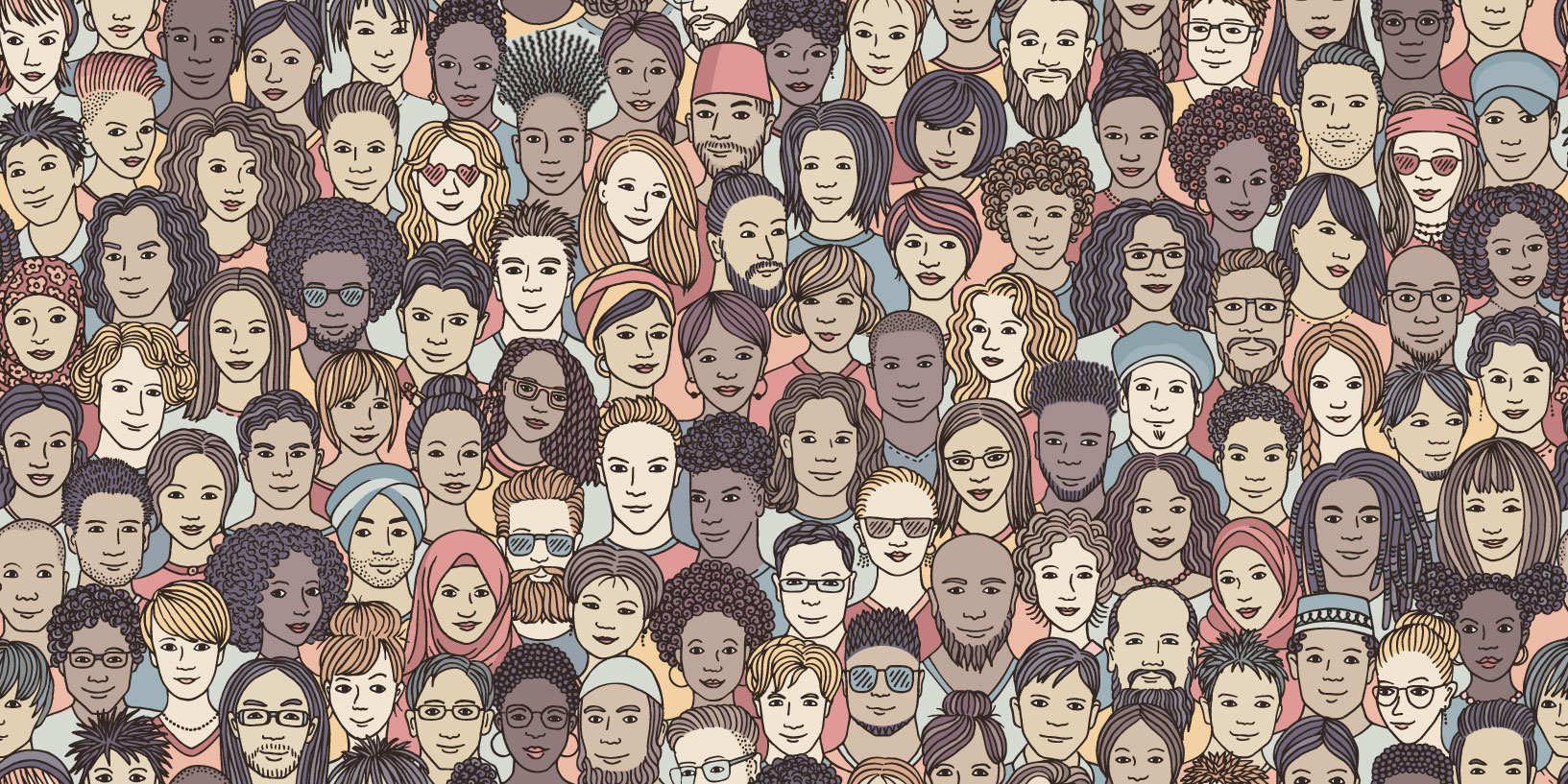We’ve previously touched on how the pandemic has affected us socially with a rise in awareness of racial injustice as well as its impact on travel, entertainment, and social media. Today we want to remind you of the good in humanity. By sharing stories of creators and companies doing amazing things in support of their community. We’re thrilled to spotlight those that got it right and deserve recognition.
Many brands are willing to participate in philanthropy but lack the resources to execute a successful campaign. Actress Reese Witherspoon’s clothing label Draper James left frontline staff disappointed. After a poorly executed plan to donate dresses to healthcare professionals was underestimated and unsuccessful. Some companies were created to fill a need. Others adjusted their offerings to fit the new and developing needs of their customers. Content creators took to educating on TikTok and Instagram while others focused on community-driven projects.
The commercial lot in Brooklyn that once housed a laundromat, a pawn shop, and a methadone clinic is now Public Assistants, a space for those who need it most, artists. Born out of necessity during the height of hysteria, Public Assistants is a space led, designed, and built by QTBIPOC creatives, artists, makers, and doers.
Programs like their paid youth mural residency program empower and employs young community members through public art-making. There is also a community fridge and garden, a free bike repair and refurbish initiative, hot meal/care package distribution, wellness workshops and so much more. Public Assistants is the abolitionist space, LGBTQIA+ brave space, pro-trans space, and anti-racist space that every community needs. It’s the brainchild of New York-based rapper, producer, and visual artist DonChristian.
DonChristian has partnered and collaborated with countless other creatives to bring all of these pro-bono and donation-based services to QTBIPOC members of the community. Donations assist them with a long-term, secure lease in Brooklyn and continue to support Public Assistants’ many programming initiatives. All of which supports the local community of artists who can then be hired as designers, builders, muralists, photographers, videographers, producers, and more.
Minority-owned small businesses like Public Assistants supported communities most during the pandemic. They were 48% more likely to offer new services to support their communities and employees and were also more optimistic about economic recovery.
IncubatorWorks took on the task of helping small businesses by developing resources and systems that encouraged small businesses to survive while others struggled to stay afloat throughout the COVID-19 pandemic. IncubatorWorks is a non-profit organization committed to providing entrepreneurs and small business owners in and around New York State’s Southern Tier the resources needed to thrive and grow. During the lockdowns, they held monthly Zoom workshops to walk entrepreneurs through PPE updates. As banks told small business owners they weren’t qualified for relief loans IncubatorWorks walked them step by step through the process. IncubatorWorks supported us through the process of becoming a certified woman-owned, minority-owned business. LocalBol had visions of becoming India’s newest content sharing platform. As they were developing and refining the app, the second wave of the pandemic hit, and their focus shifted from wants to needs. “ We watched people running helter-skelter in both urban and rural spaces, online and offline, looking for the required resources to fight the disease knocking at almost all doors.”Founders and friends Rajesh Hota and Ashok Mahapatra quickly realized that by making a few tweaks to LocalBol that their micro location-based social network could help their community. It could serve as a verified information source to connect people to resources like doctors, hospital beds, and O2 Filling stations. First, their app would have to overcome the language barriers.
Most of the useful covid related facts and information that the government and other organizations released were in English. So the LocalBol team translated them to Odia and Sambalpuri languages and distributed them to locations using the app. Localbol is currently available in English, Hindi, Sambalpuri, and Odia with plans to expand to more Indian languages.
Their goal is to mobilize LocalBol volunteers to provide verified real-time information about the availability of hospital beds, testing labs, doctors, oxygen banks, donations, etc. in all 30 districts of Odisha in local languages. “ We are hoping that the third wave (if there is one) isn’t as deadly; however, if required LocalBol will be able to step up and help our communities with this model.”
Digital technology continues to keep communities connected, supplied, informed, and entertained. With 87% of consumers reporting that they are consuming more content during the pandemic according to a Global Web Index study. “Comfort Content” reigned supreme with 41% of adults reporting symptoms of anxiety and/or depressive disorder as a result of the trauma and confinement. The one thing I was able to offer to my Fat Girls Traveling community was the thing that I needed, a support group. Which has been meeting weekly, is free, and going strong for over a year.
British beauty and lifestyle blogger Fleur de Force knows the importance of mental health and helped raise over £20,000 to fund over five hundred individual therapy sessions for NHS workers through the #BloggersforNHS auction. The charity auction was in support of Duty to Care which offers free mental health support for NHS staff in the UK. Enlisting the help of over thirty influencer friends the charity auction was launched on eBay and featured clothing, beauty products, and more from Fleur and influencers including Patricia Bright, Peony Lim, and Ruth Crilly.
From support groups and charity auctions to app adjustments and community safe spaces entrepreneurs and small businesses did big things locally and globally. The pandemic has impacted every facet of our lives forcing us to adapt and eventually see the humanity in each other, again.


